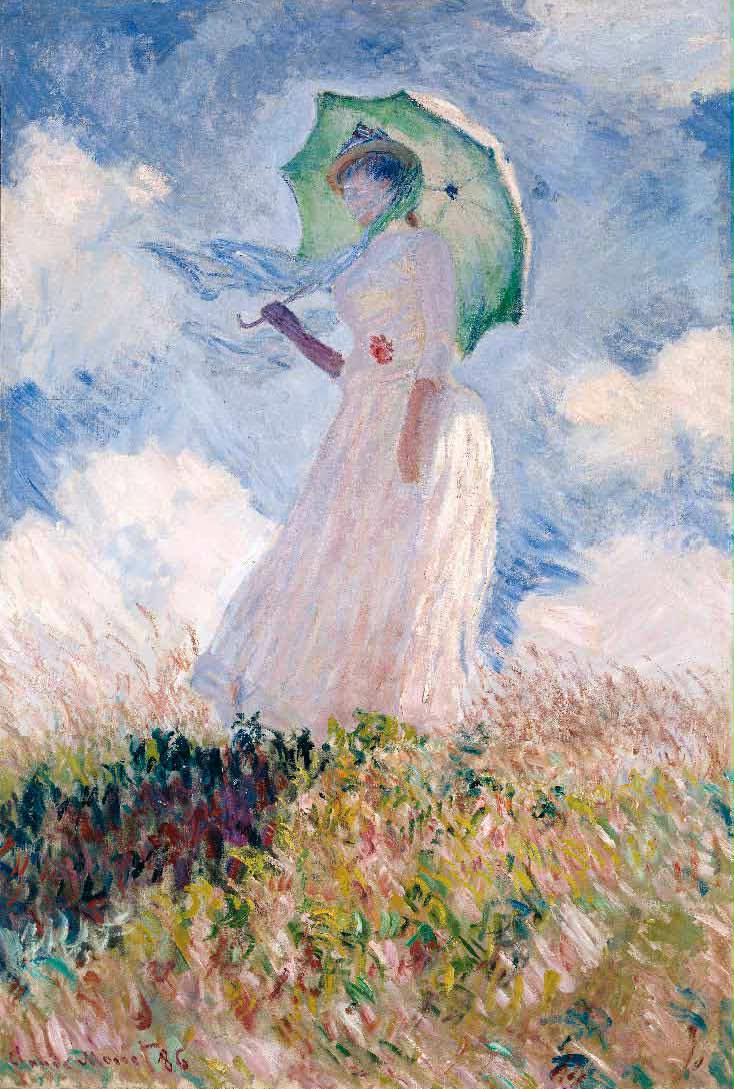It may not be my dream, but how many could proudly confirm that they’ve chosen to dedicate the rest of their lives, fully, to the service of others?
I can and I bloody will. My parents have invested so much in me and it is time that I start paying them back. They deserve it. Lots of unfortunate people deserve the charitable work of doctors without borders and I get to be a part of a cause that is bigger than me.
I feel content and at peace.
I close my eyes, not to jump to the next scene but expecting my heart to stop pumping blood into my organs and for my life to cease.
I open my eyes to the sound of applause. The elegant me and the biker me are slow-clapping and smiling at me.
- “Well done, mate! You made it. You were able to beat the test.”
- “Honestly moron, I didn’t think that you had it in you. I’m surprised and amazed. But I am happy that we made it, that you pulled through at the end.
- “Alright now, mate. Do you see that door in the corner? That is your way out of your coma. Open it, go through it and you’ll wake up safe and sound.”
Before I get the chance to respond, they disappear. I do as I was instructed.
My eyelids flutter open, and I find myself surrounded by my family in a hospital room.
What I have learned from this surreal experience is that dreams aren’t based on material gains. It’s not about the money, the fame, the ladies or anything of the sort.
Dreams are about the cause, the desired outcome, and purpose of one’s existence. Dreams are what makes life enthralling and meaningful. Dreams are the reasons for which we subsist and abstain from taking or wasting our lives.
Dreams are the progress that we, as a human race, have accomplished so far. The technological progress, the scientific evolution, the agricultural advancement, and so on.
I’m no preacher, but every dream should serve a broader purpose. Every dream should aim to make everyone else’s life easier and better. Every dream should be first and foremost selfless and answer to one simple call: the evolution of mankind.
And as the wise Aerosmith band said once: DREAM ON!


Share your thoughts